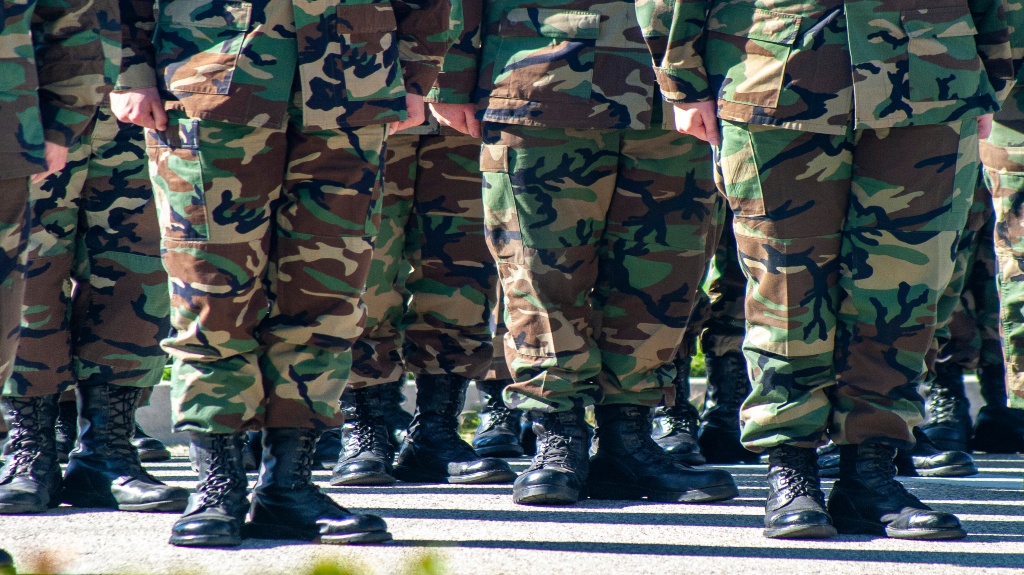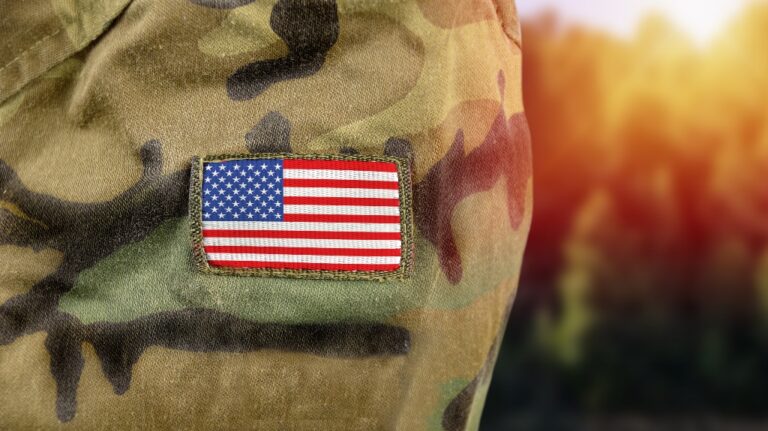Can a Disabled Veteran Be Recalled to Active Duty?

Veterans who have served our country honorably and live with disabilities may wonder if they can ever be called back to active duty. The possibility of recall depends on several factors, including the severity of the disability, military needs, and the specific circumstances of the veteran’s service status. In this blog, we’ll explore whether a disabled veteran can be recalled to active duty, the conditions that might allow for it, and the implications of such a recall.
Types of Discharges and Recall Eligibility
A veteran’s ability to be recalled to active duty often depends on the type of discharge they received upon leaving military service. Veterans can receive one of several types of discharges, including:
- Honorable Discharge: The most common type of discharge, which reflects satisfactory service.
- Medical Discharge: Given to veterans who are no longer fit for service due to medical conditions, including disabilities.
- Dishonorable Discharge: A punitive discharge that typically disqualifies veterans from future service.
Veterans who have received an honorable discharge may still be eligible for recall under certain circumstances, while those who received a medical or dishonorable discharge are generally not considered for active duty recall. However, medical discharge veterans with mild disabilities may still be subject to recall if their disability does not prevent them from performing required duties.
Disability Ratings and Active Duty Recall
The VA disability rating system plays a significant role in determining whether a disabled veteran can be recalled to active duty. The VA assigns disability ratings in percentages from 0% to 100%, based on the severity of the veteran’s condition. Veterans with lower disability ratings (typically below 30%) may still be eligible for recall, depending on military needs and their overall health.
For veterans with higher disability ratings, especially those rated at 50% or more, the likelihood of being recalled to active duty diminishes. Higher ratings reflect more severe conditions that would likely prevent them from meeting the physical and mental demands of active duty.
Exceptions to the Rule: Medical Waivers
In rare cases, veterans with disabilities may be recalled to active duty if they obtain a medical waiver. These waivers allow the military to overlook certain medical conditions or disabilities in light of the veteran’s specialized skills or experience. Waivers are more likely to be granted during times of significant military need, such as wartime or periods of troop shortages.
However, medical waivers are not guaranteed, and the approval process is rigorous. Veterans must undergo thorough medical evaluations to determine if they are still fit for duty despite their disability. Additionally, the decision to grant a waiver lies with military officials and is often based on mission-specific needs.
Reservists and National Guard Members
Veterans who serve in the Reserves or National Guard are more likely to be recalled to active duty, even if they have a disability. These veterans remain on reserve status and can be called to serve in times of national emergency or significant military need. Reservists and National Guard members with mild disabilities may still be able to fulfill their duties, while those with more severe disabilities may be excused from service.
Veterans in these roles should keep in mind that their eligibility for recall depends on their medical fitness, which is evaluated periodically. If their disability worsens over time, they may be removed from active service rosters.
Consequences of Active Duty Recall
For veterans with disabilities, being recalled to active duty can be both a personal and professional challenge. Physically, the demands of military service may exacerbate their condition. Mentally, the stress of returning to active duty can also take a toll on their well-being.
Additionally, veterans receiving VA disability benefits may face changes in their compensation if they return to active duty. VA disability payments may be reduced or paused during active service, depending on the veteran’s disability rating and the length of their service.
Contact Veterans Benefits Attorneys for Assistance
In most cases, disabled veterans are not recalled to active duty unless they have a mild disability or receive a medical waiver. However, each situation is unique, and military service decisions are made on a case-by-case basis. If you are a disabled veteran with questions about active duty recall or how it may impact your benefits, it’s important to seek professional guidance.
At VA Benefits Attorneys Powered by Tabak Law, we specialize in helping veterans navigate the complexities of military service, disability benefits, and legal matters related to VA claims. Contact us today to learn more about your rights and options as a disabled veteran. We’re here to help!







